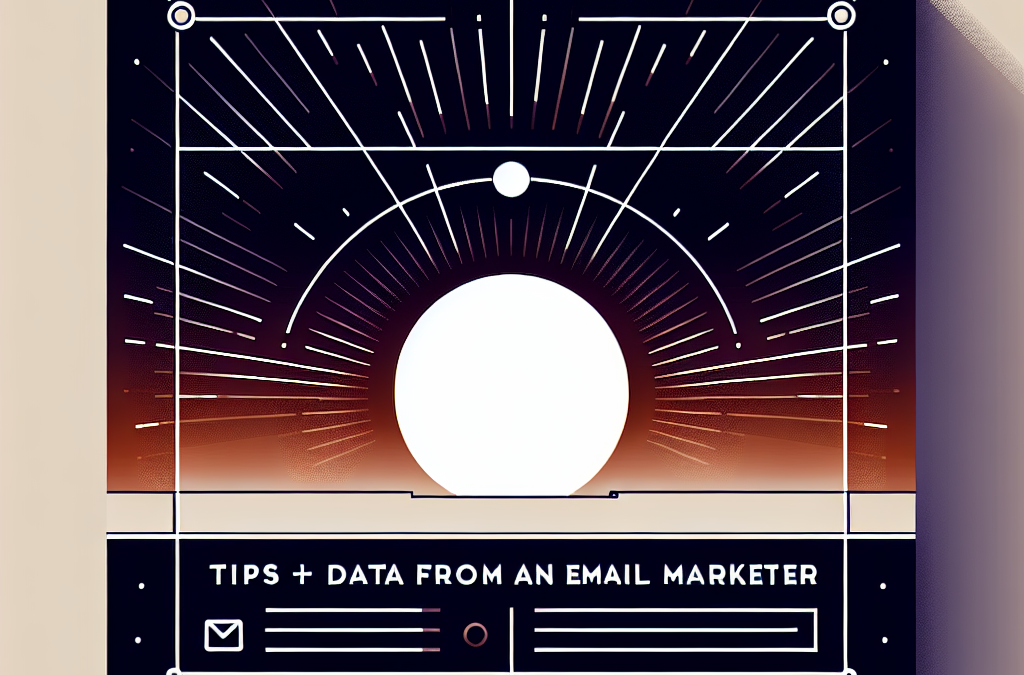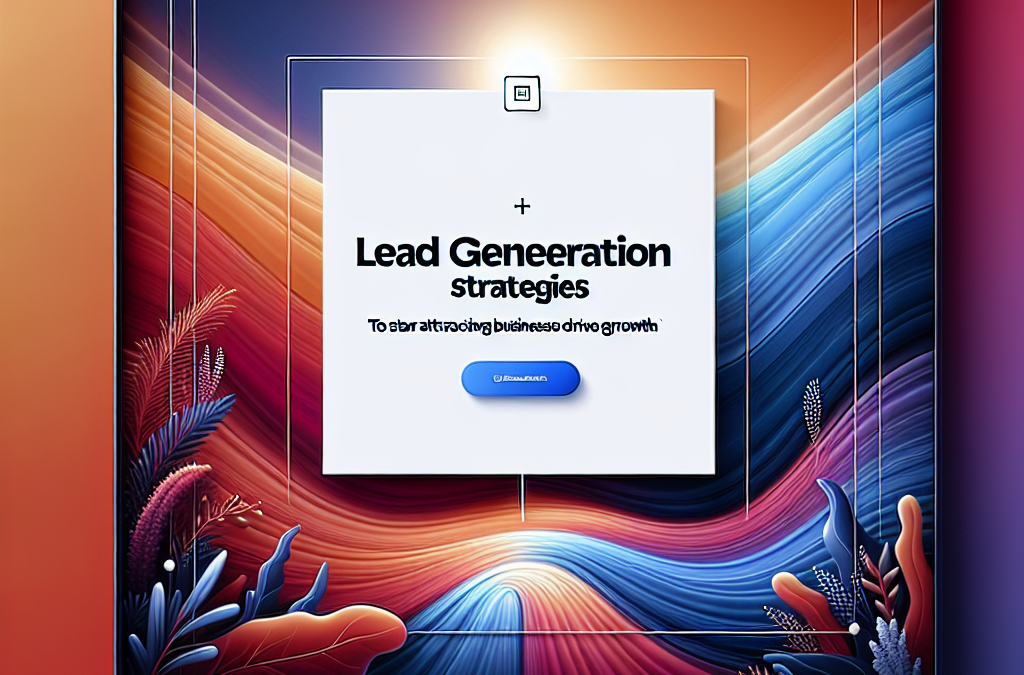The buyer’s journey looks different depending on the type of business involved and the industry in which it operates. For some, the leads are generated before anyone ever visits their company website, but for others, the site is their primary lead generator. Knowing how your company’s clients move from Point A to final conversion will significantly influence the purpose of your website. So, when you are considering a new web design, the first question you need to answer is how does your website fit into your business model?
4 Ways Your Website Can Work Within Your Business Model
Despite the fact that every company operates according to their own unique business models, within certain industries, the buyer journey looks similar. In those cases, websites serve similar functions and accomplish some of the same goals.
#1 – A Website Can Establish Professionalism and Credibility
Consider service industries such as financial services or professional services. Most of those companies employ a network built on business relationships, referrals, or past clients. Word of mouth serves as the primary tool for driving new prospects to check out these companies. Once a person hears about their services, the prospect will typically search for a website, where they gather more information, before taking the next step and making contact.
For these business models, the function of their website is to make them look professional. It also helps establish their credibility within their industries. In other words, it says “we are a legitimate company that you can trust to meet your needs.”
In this instance, up-to-date and professional web design will help promote the company and foster that sense of confidence needed to get the prospect to convert or make direct contact.
#2 – Using a Website to Generate Leads and Increase Brand Awareness
Local companies, on the other hand, often use their websites to generate leads. For instance, a carpet cleaning company might promote their website through ads as a way to reach new markets. They might also reach out to niche markets through SEO and content marketing in the hope of generating new business.
Ideally, these new prospects would then follow a defined path through the website until they too reach the point of conversion. This could include downloading material or filling out a contact form. Then, once the prospect has made this “micro-commitment,” then someone from the company can follow up to make the sale.
When your business model relies heavily on your website for generating new clients, then your website content must also contain compelling offers, in addition to establishing credibility and professionalism.
#3 – A Website for Reputation Management
Other business models don’t incorporate a website for generating leads or getting conversions. Instead, they are tools for reputation management. Many companies are only concerned that when someone Google’s their name, that their company pops up first in the search results. Prominence in the search results promotes brand recognition and gives the impression that they are foremost in their industry. This type of websites usually only contains basic information on the business and its services or resource articles that educate their consumers. The focus is on search engine optimization and possibly the promotion of a portfolio.
#4 – Does Your Website Function as a Recruiting Tool?
If you are a nonprofit organization, then your website functions as a recruiting tool for volunteers and donors. You want your website visitors to know more about your organization and get energized over the work you do. As a tool for your business model, the purpose of your website is motivating people to action, and your web design must also serve several different types of visitors. For these types of websites, UX Design is crucial.
Why Your Business Model Matters for Web Design
It’s impossible to build a good web design without first knowing where your website fits within your business model. That alone determines what type of site you need, the offers it should contain, and what “success” looks like for your website. You should also define specific goals for how you want your website to perform. Remember it is a tool for growth, no matter how it functions within your business model.
If you need a web design that complements your business model, find out how you can receive a Free Mock-Up of a site that meets your needs. Contact Ericks Webs Design for the best web design experience possible.
Marketing










